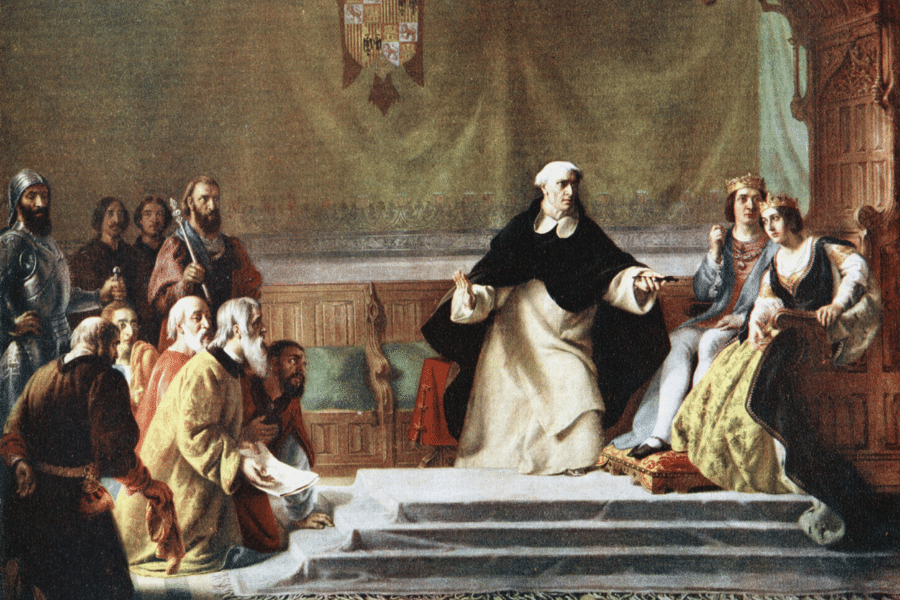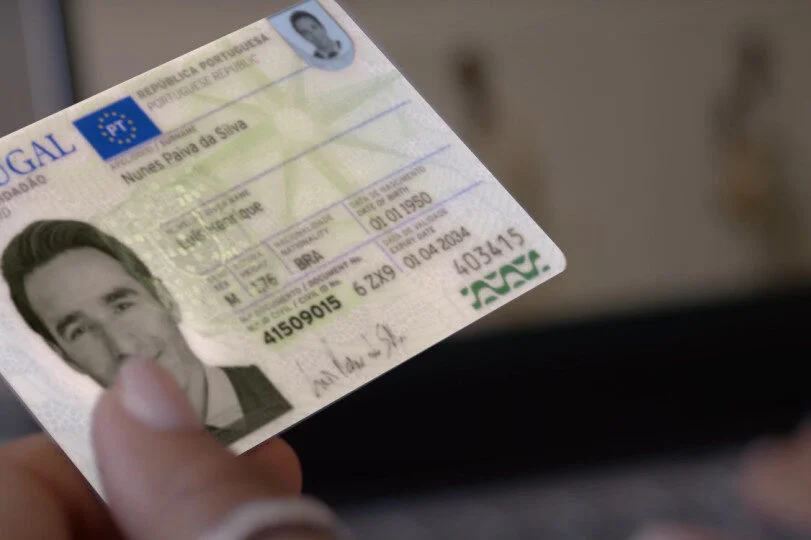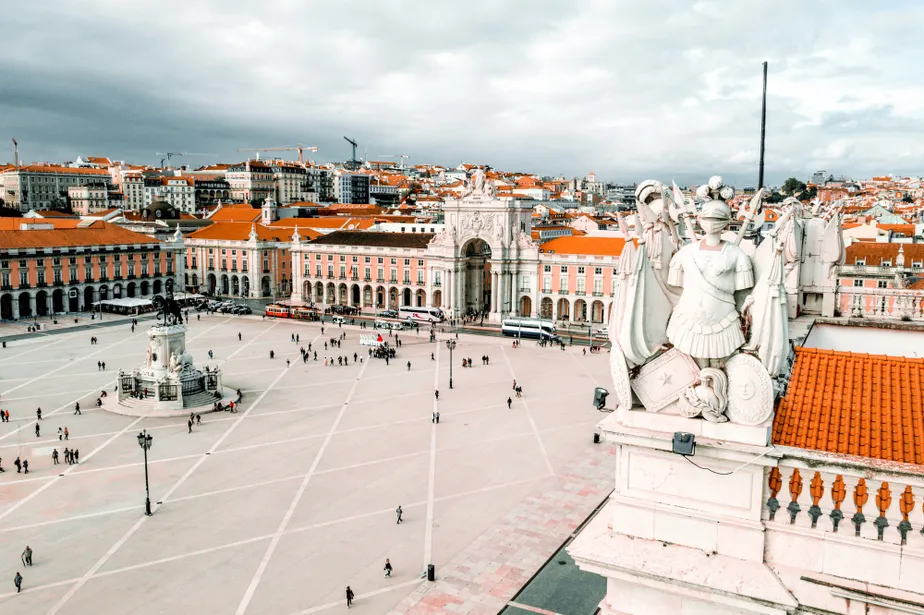The massacre of New Christians and the Law of Naturalization of Sephardic descendants

2020 marks the fifth anniversary of the approval of the Decree-Law no. 30-A-2015, which allows the concession of Portuguese citizenship to Sephardic Jewish descendants, that is, to the people who have among their ancestors victims of the persecution promoted by the modern Inquisition. More than a right, the Law is a historical reparation due to regrettable events that were recorded in Portuguese history and must be remembered so that they will never be repeated.
According to estimates, more than 100,000 Jews entered Portugal from 1492, initially being tolerated by King D. Manuel I. However, four years later, at the end of 1496, under pressure from the Iberian elites, the monarch decided to take a turn in his posture and established the obligation to mass conversion of Jews into Portuguese territory, beginning a new period of exodus, persecutions and intolerance by the population with the promotion of the State and the Church.
HERE YOU CAN START BUILDING YOUR GENEALOGICAL TREE.
One of the bloodiest episodes of the persecution period occurred exactly 514 years ago, on Easter Sunday, April 19, 1506, when the faithful prayed in the Convent of São Domingos, in Lisbon, for the end of drought and plague. After a stir started when someone claimed to have seen the face of Christ illuminated on the altar, interpreting the phenomenon as a miracle, a new Christian (Jew converted to Catholicism) tried to explain that it was just a reflection of light and ended up being beaten to death by the crowd.
The fact was the trigger for a mob of hundreds of people to take to the streets slaughtering new Christians without distinction, on the grounds that they were to blame for the drought, plague and hunger that plagued the country. With the encouragement of the Dominican friars, who promised 100 days of absolution of sins for “whoever killed the heretics”, the Lisboners invaded and looted houses and dragged whole families to the streets, where they were tortured and thrown to the fires, regardless of sex or age. The “Easter slaughter of 1506”, “Massacre de Lisboa” or “Pogrom de Lisboa” continued until April 21 and estimates are that nearly two thousand new Christians have been murdered.
HERE YOU CAN START BUILDING YOUR GENEALOGICAL TREE.
As with any trauma, the episode is hardly remembered by national history and, as such, reflecting on it allows it to be overcome. This is the greatest merit of Decree-Law no. 30-A-2015, even more than its justification as historical reparation. The maturity of a people is revealed in its ability to learn from the mistakes of its ancestors.

New Portuguese citizen? Find out how to issue your identity document.
In recent weeks, many nationality processes have been completed, resulting in hundreds of Martins Castro customers now officially Portuguese. […]

Sephardic Jews: do you have to live in Portugal for three years?
Many doubts have arisen about the changes in Portuguese law regarding the acquisition of nationality by descendants of Jews […]

Martins Castro in the Media: Diário do Nordeste (Brazil)
Couple from Fortaleza obtains Portuguese citizenship after discovering Jewish family expelled from European country Decree-Law grants documentation for relatives of […]